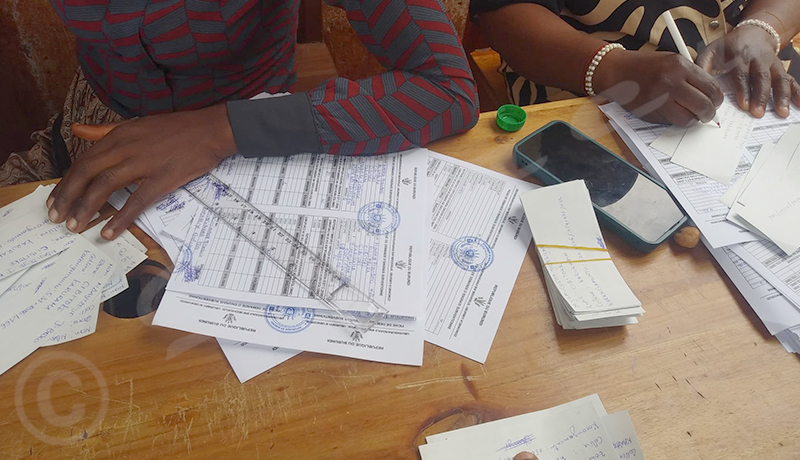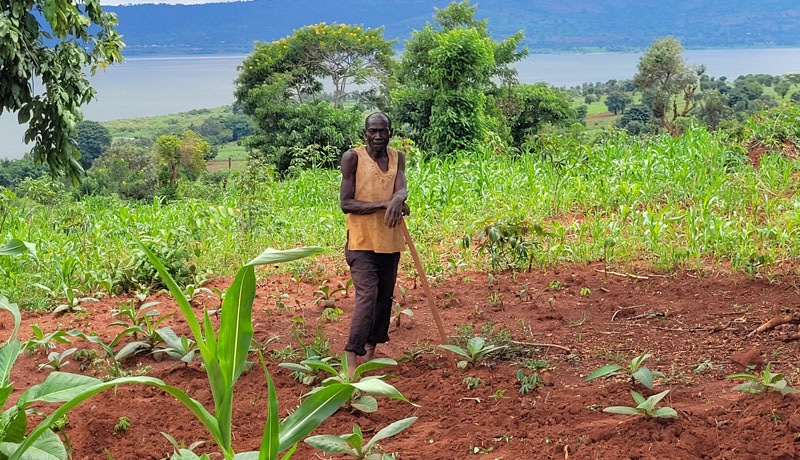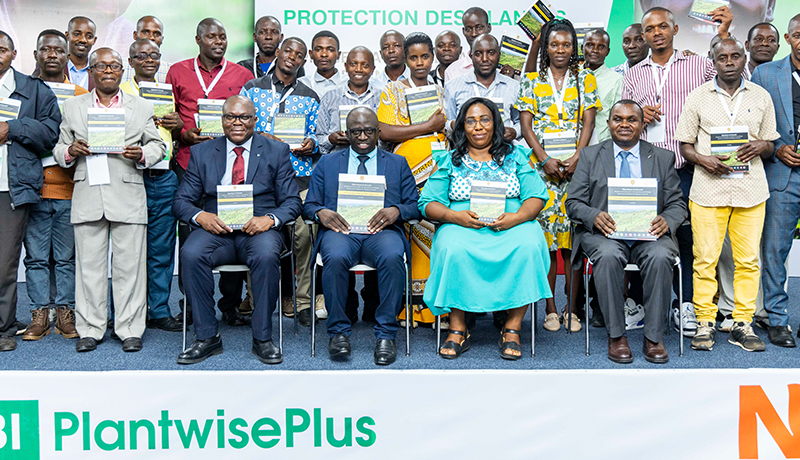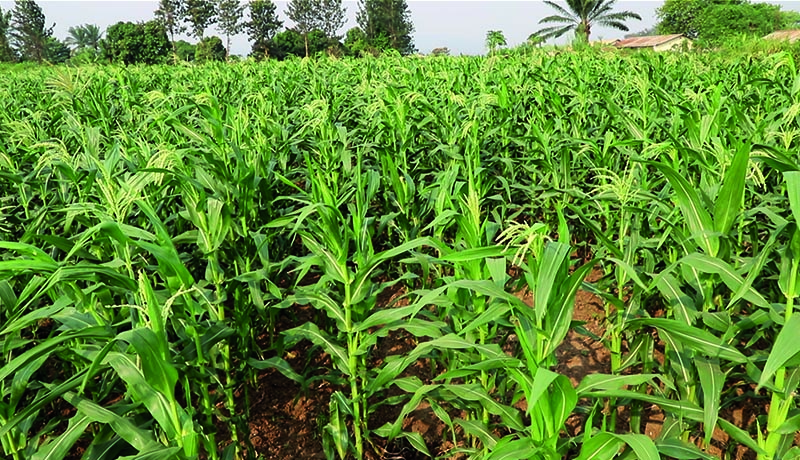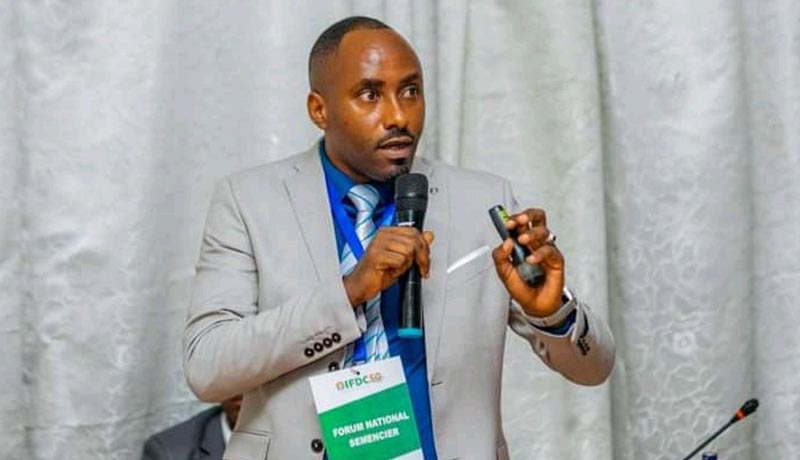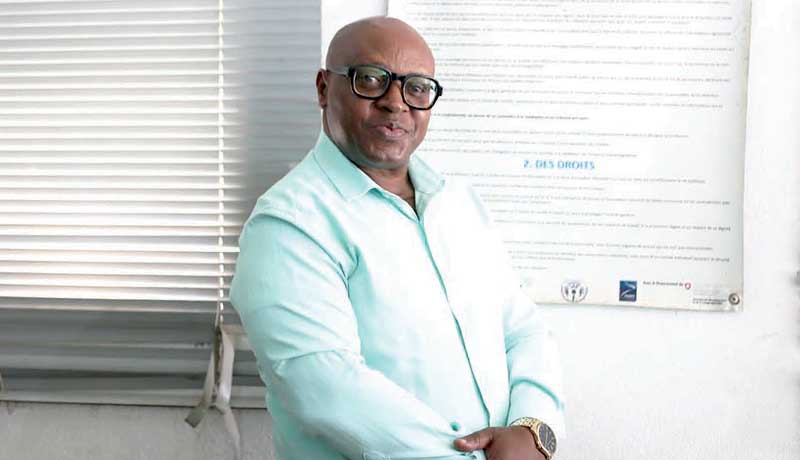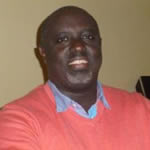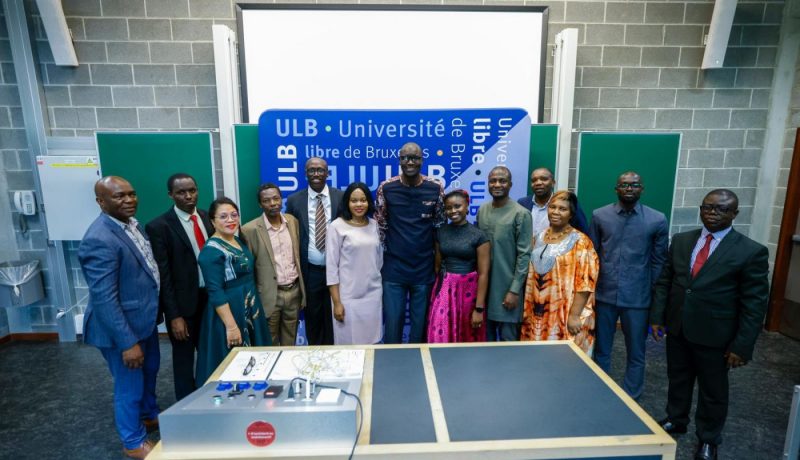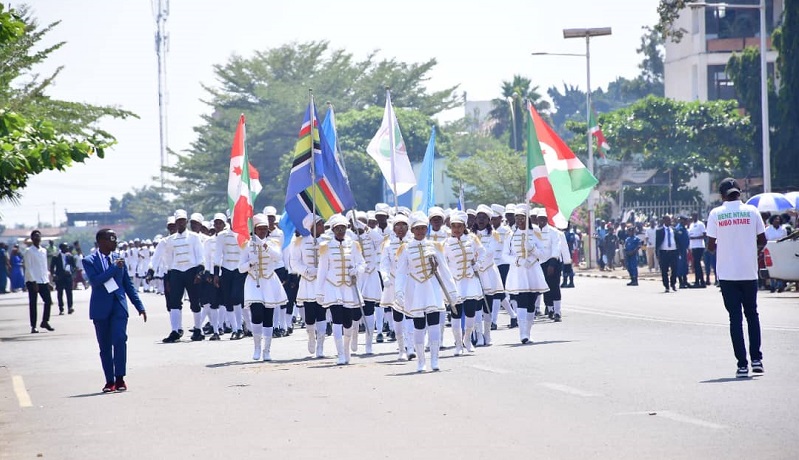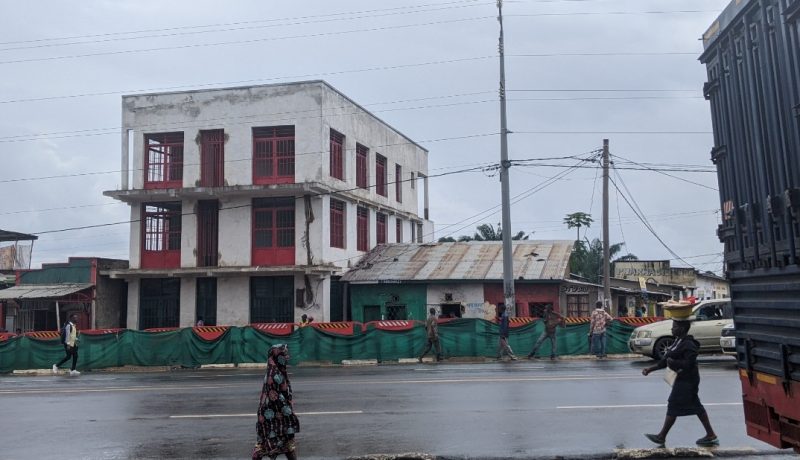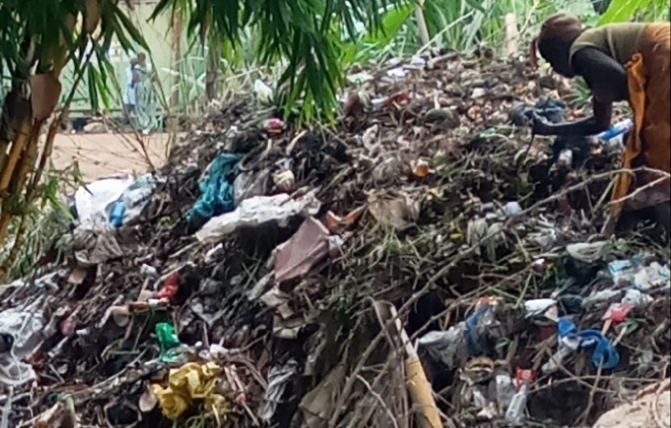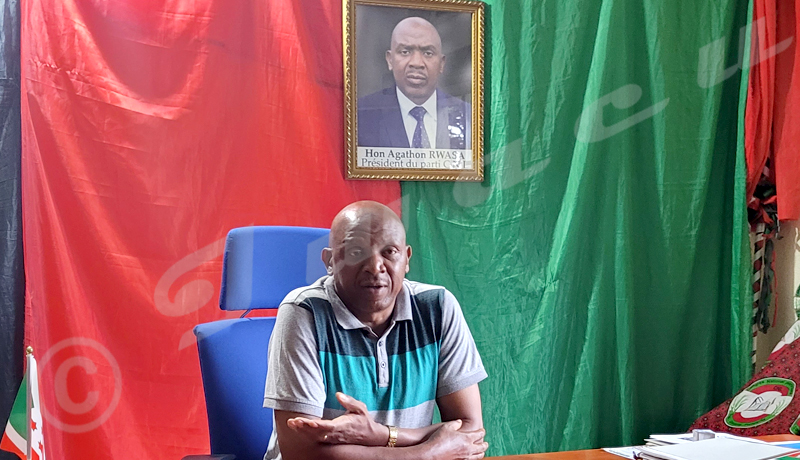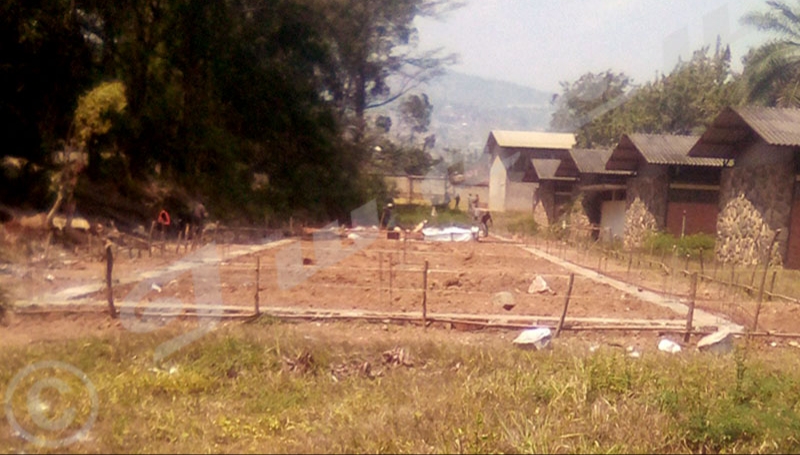Through the research realized by the Forum for strengthening civil society (FORSC) a debate has been organized on 9th November between Burundian representatives), on the process of Burundi’s integration into the community.
<doc6089|left>The meeting’s main purpose was to talk about some challenges faced by the beneficiaries. All the participants converged on the need to combine strengths for the resolution of pressing issues.
“The misunderstanding around the idea of free movement of goods and persons into the EAC (where people from Ruyigi province want to cross into the nearest partner state without being asked to show their identity card); the worry of Burundian Refugees who lived in Tanzania( but are treated like criminals); the linguistic barrier (the use of English language as a vehicular one in the community); the certificate of origin acquired so far (as well as that is acquired on Burundian border, traders must run towards Dar es Salaam town); the lack of Burundian solidarity; the lack of freedom to export some local goods – the case happened in Matongo Commune, in Kayanza province- where 10, 40 and 50 were respectively exported to Rwanda,Tanzania and Uganda and this is now prohibited; the modernization of the agriculture and some other problems faced by Burundians like ,the fundamental school, to name a few, are some challenges raised by the participants who took part in the different workshops so far organized by FORSC” says Gordien Niyungeko in highlighting some Burundian worries.
According to him, this study consists of bringing to the audience Burundi’s main step towards achieving integration into the community for citizens.
It is also, he mentions, within the context of sensitizing on the process of the integration into the community.
Niyungeko’s view is shared by Aime Nkurunziza, Member of Parliament and focal person in charge of the commission, tasked with EAC integration within the National Assembly. “The daily work of the civil society is the same as the one of parliamentarians. We try to exert a control on what the government does,” clarifies Nkurunziza in commending FORSC for the tremendous work done. This research helps us, he adds, to know what our people think about integration. To this end, he adds, members of the Assembly must double their efforts and their energy in resolving these issues.
“The lack of communication and confidence”
In Nkurunziza views, the big challenge which needs to be solved quickly is the improvement of communication strategies.” Most news or programs broadcast or printed on different media are only about politics, insecurity, conflicts, but few of them inform their auditors or readers about what happens in the region or the process of the Burundi’s integration,” explains Nkurunziza.
Unfortunately, he mentions, the lack of this channel of communication perpetuates ignorance thus intended beneficiaries cannot take full of advantages of the existence of the community.
Bonaventure Gasutwa, also parliamentarian, shares same the same opinion with Nkurunziza. “It is important to let people know what happens in the region. On the other hand, the true beneficiaries think the integration into the EAC is an issue discussed at the higher level of Burundian politics and the sole concern of government officials. It is up to us to open the window and see what happens on the other side of the world,” clarifies Gasutwa.
To succeed, he suggests, it is very important to believe and trust in what we do.
“If a district head, somewhere in the country, is not informed, he cannot do anything due to the lack of information. Hence, when filled with ignorance, he doesn’t trust anyone and has no confidence in whatever he undertakes,” Gasutwa regrets.
For him, the lack of communication and local leader’s confidence puts Burundi at the queue of other partner state of the East African community.
“Why do they refuse to the traders from Matongo commune, to export their goods towards other EAC partner states? While in the common market, people are supposed to be free in their work,” he asks himself.
Bonaventure Gasutwa goes on asking himself why Burundian refugees living in Tanzania were mistreated and chased from that country.
“It is unfair to think that those refugees should not enjoy the advantages offered by the community. On the other side, those summits held by the heads of partner states were full of irony and hypocrisy due to the non-implementation of what they have agreed on and signed,” says Gasutwa.
Justine Nkurunziza, deputy general of FORSC believes the lack of dialogue and consultation results into unsolved issues : “It is important to converge – Civil society and Government- on the same idea. This brings us to share experiences and think about how best meet some challenges faced by the primary beneficiaries (ordinary people),” she wishes.
“Trademark East Africa gets ready to support the process of the integration”
According to Anthe Vrijlandt, the country director of Trademark East Africa (TMEA), the latter is ready and curious to know different challenges faced by Burundians and help transform them in order to benefit to the community.
“Trademark East Africa has a program which supports the regional integration and improves access to trade. TMEA has an office in each of the partner states and has USD500 million to cover all EAC country’s needs for the period 2010-2016. From this fund, Burundi will get USD 50 million, during the period 2010 – 2016, essentially used to increase and support the trade environment,” clarifies Vrijlandt.
She explains that three pillars have been chosen for support. “First of all, TMEA wants to improve the access to the market in building the economic and middle corridors, improving the border posts and reducing the non-tariff barrier in gaining time in improving the importation and exportation of goods. This brings in fighting corruption in the country. Secondary, TMEA wants to improve the trade environment, in supporting Burundi Revenue Authority, Ministry of Trade and Ministry in charge of EAC affairs, media and Civil Society in their advocacy initiatives. The last pillar is to improve productivity, to improve the good procedures. But if we have nothing either to export or to import, we ask ourselves why do we need productivity, this pillar is in the way of development,” says Vrijlandt.
According to the country director of TMEA, through these pillars, TMEA gets ready to support whatever can benefit to the first beneficiaries (ordinary Burundian citizens), instead of working for business people or rich people.
